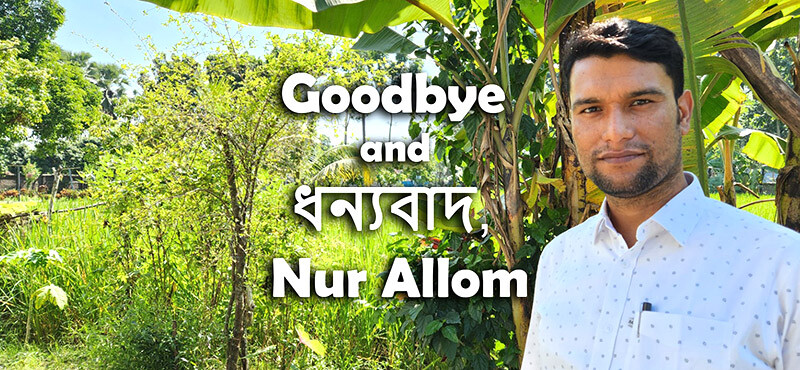
Back in October of 2023, I went along on a trip to Bangladesh to celebrate the 125th year of our mission there. For many years now, the Bangladesh mission has been entirely in the hands of Bengali nationals who have done an excellent job of expanding the work, growing the hospital operations in Bogura and Khanjanpur, and growing churches.
My goal in Bangladesh was to document, record, and take pictures of the events, and to report back but like most Caucasian people in the United States, I didn’t speak a lick of Bengali when I arrived. This made the first couple of hours among the Bengali people who didn’t speak English a little awkward. Sincere smiles, head nods, and small waves were about the best we could manage when a translator wasn’t present. But that wasn’t the case for a man named Nur Allom who spoke very little English, but whose shear friendliness overcame the rest of the language barrier.
On the second morning after my arrival, I awoke in a Catholic compound in northern Bangladesh and I stepped out of my room to start taking some pictures. It didn’t take long before Nur Allom noticed me. Promptly, he pointed to my camera, and then to himself, and positioned himself against a green canopy of palms and rice fields. No additional words were needed.
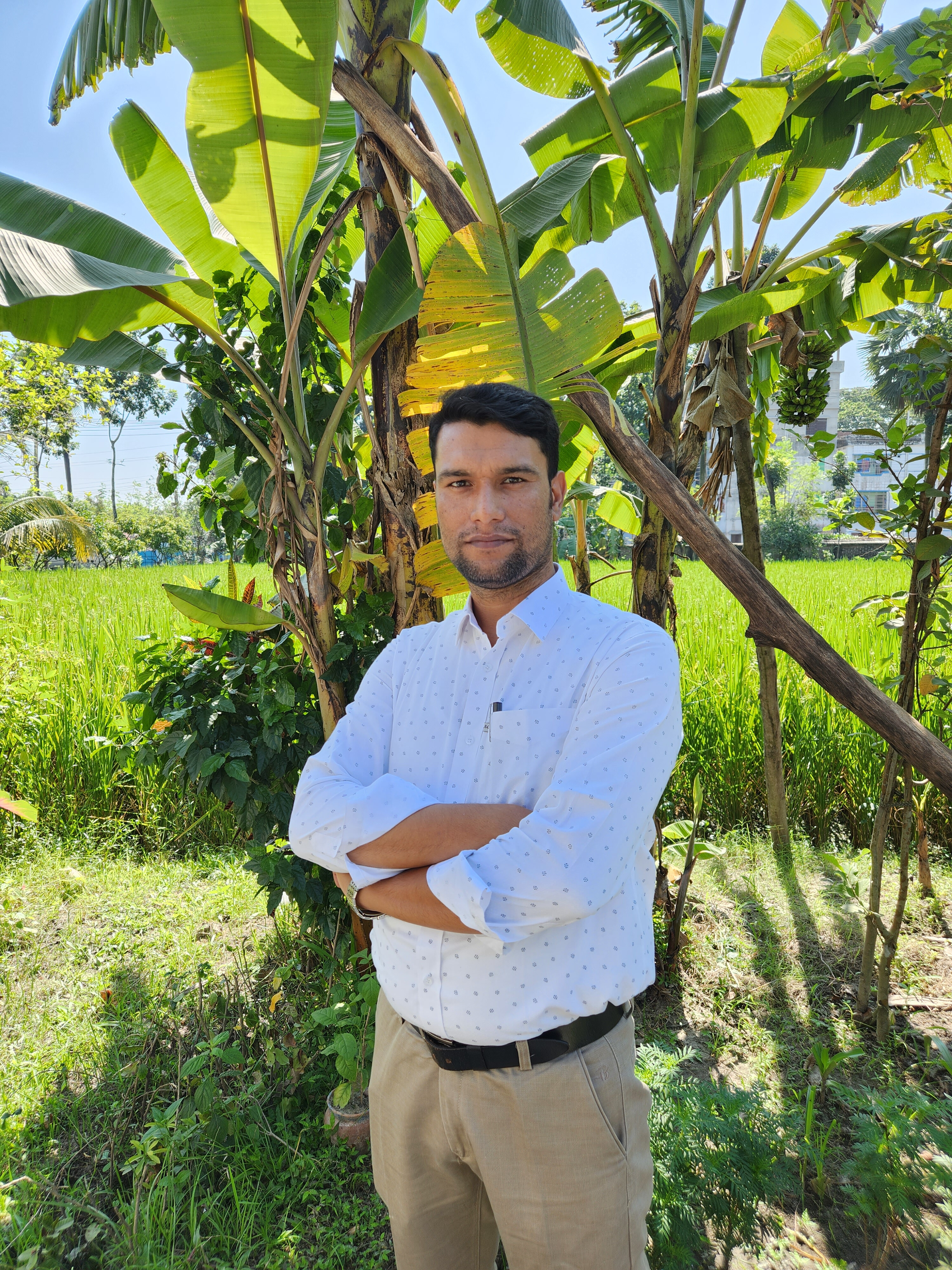
I snapped a couple of pictures with my camera, and then a few more with my phone. I’m not a professional photographer, which is probably why the phone pictures often come out as good if not better than the camera, but he seemed remarkably pleased with the results. He wanted the pictures on his phone, so we connected by WhatsApp and by the end of the day, I had a Facebook friend request from Nur Allom as well. I didn’t even know his name at the time, but I recognized his profile picture because it was the one I had taken. I accepted the friend request, feeling pretty excited that he had liked the picture enough to show it off to the rest of his Facebook friends. Later that day, Nur Allom and a few others taught me the only Bengali word I know, which is ধন্যবাদ (pronounced "Dhan'yabāda"), which means "thank you".
Over the course of the rest of the week, Nur Allom stuck close to our team. He ate with us, made sure we had everything we needed, rode around north-western Bangladesh with us, and found his way into a number of the photo shoots we did with the Bengali pastors and hospital staff.
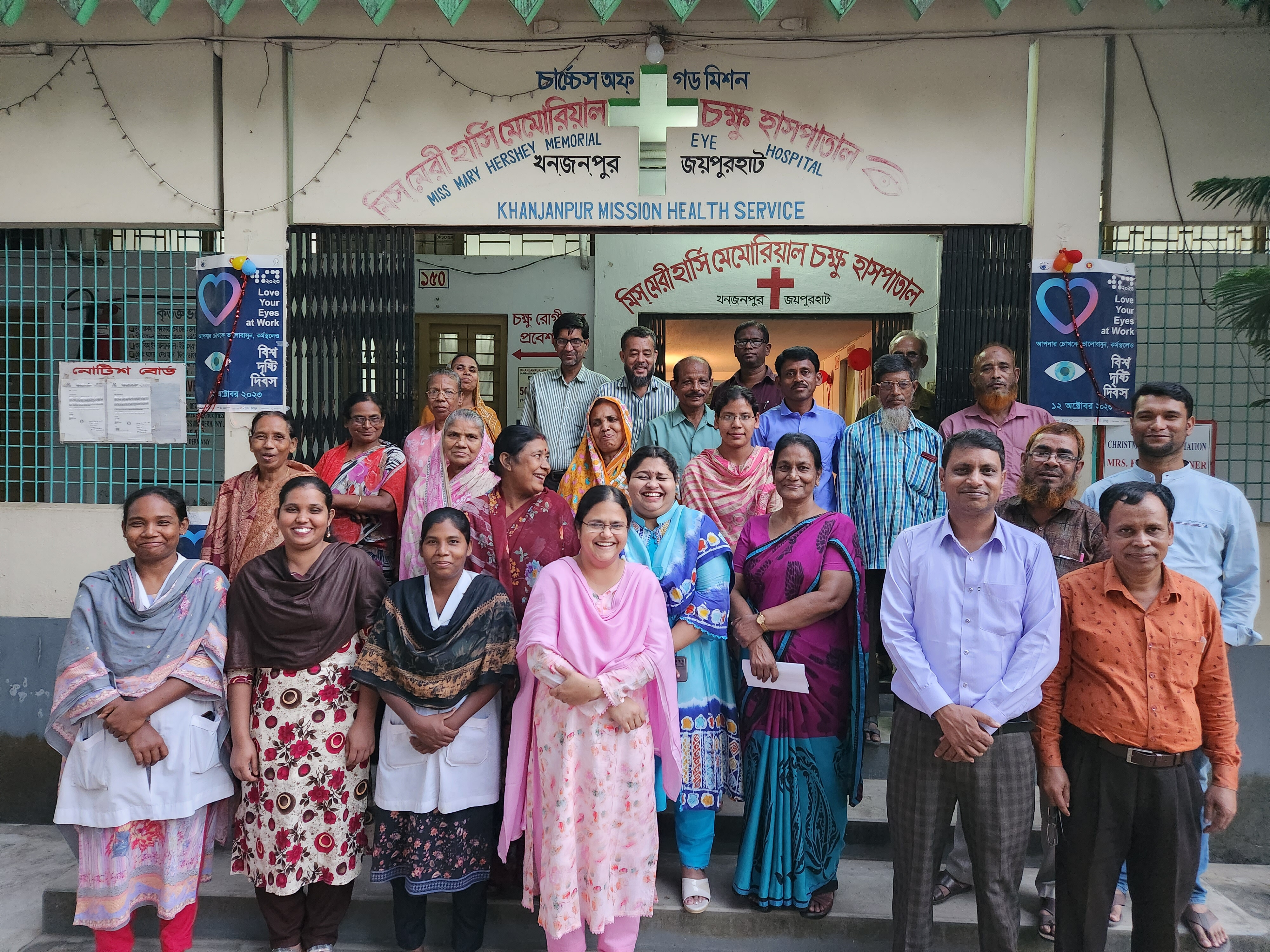
For good reason too. I soon found out that Nur Allom worked with Dr. John Costa at our Khanjanpur Mission Eye Hospital. He was a professional refractionist as well as our mission’s government liaison, helping to keep our mission in good standing. Along with a number of other hospital staff, Nur Allom helped all the visitors from the U.S. feel welcome and warm. I wasn’t one of his patients, and this wasn’t technically part of his job, but he treated us with the same dedication, I presume, as he would any of his patients. When I came to the end of my stay in Bangladesh, Nur Allom was one of the last people I said goodbye to. I promised him I’d come back to Bangladesh to visit soon, and I am genuinely looking forward to seeing the beautiful country of Bangladesh again. Unfortunately, even if I were to make it back to Bangladesh tomorrow, I wouldn’t be able to keep that promise.
Earlier this week, on Monday, April 8th, our office received word that Nur Allom had passed away from complications with a surgery. Nur Allom leaves behind a wife and a 17-month-old baby girl.
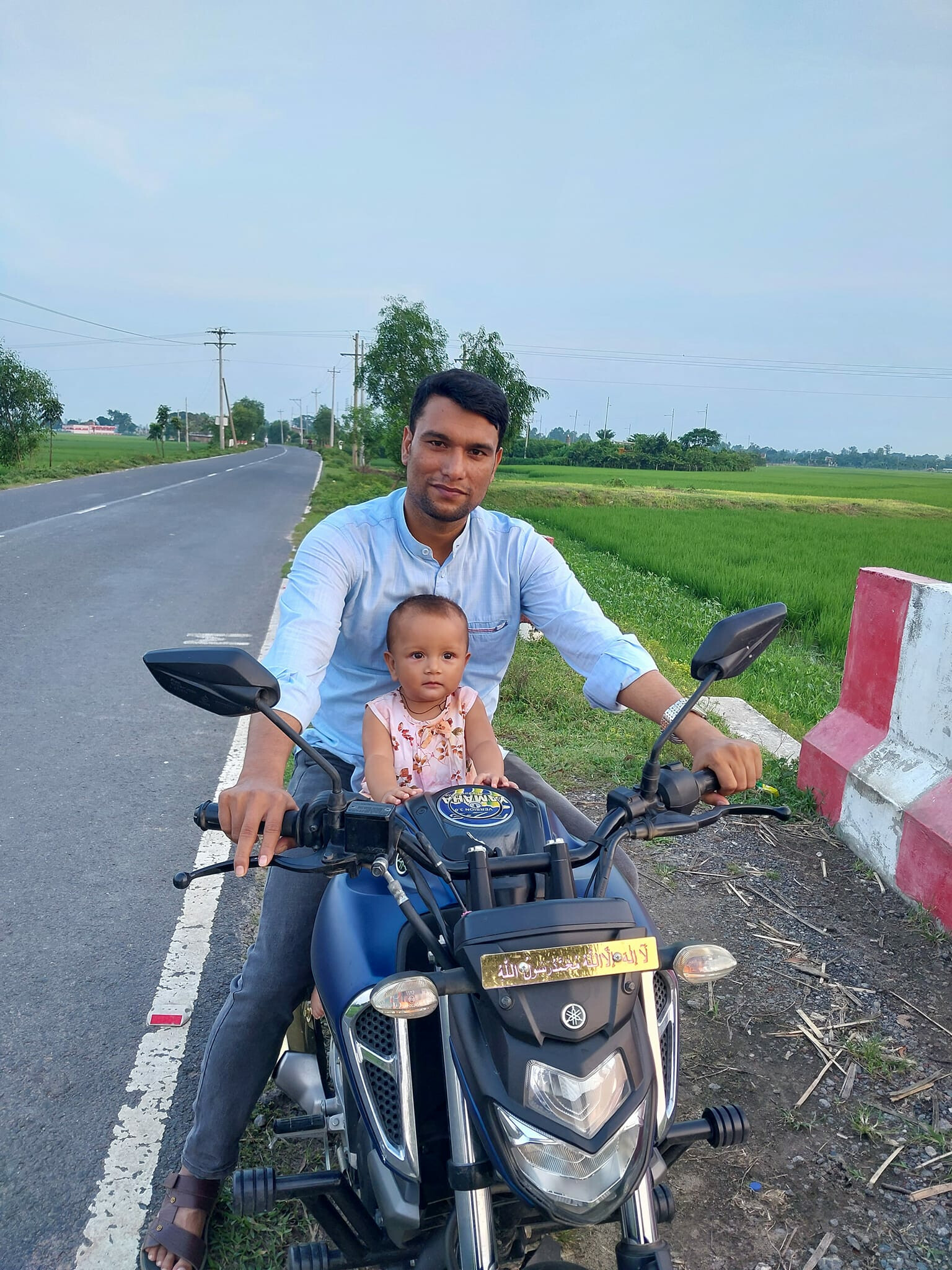
For all of the staff at the Khanjanpur Mission Eye Hospital, the news is devastating. The staff there have become like family in many ways, and I was witness to the laughs, camaraderie, and jokes they perpetrated on each other. I didn’t know Nur Allom well, so I shouldn’t pretend that my sadness takes precedence for the people who lived, loved, and worked with him for years. But I would be remiss to say that this week hasn’t had a dark cloud hanging over it because of his passing. I’ve held my daughters closer knowing he won’t ever get to hold his again. It’s also distressing accepting how short life can be. He was only a little older than me (33 or 34), after all.
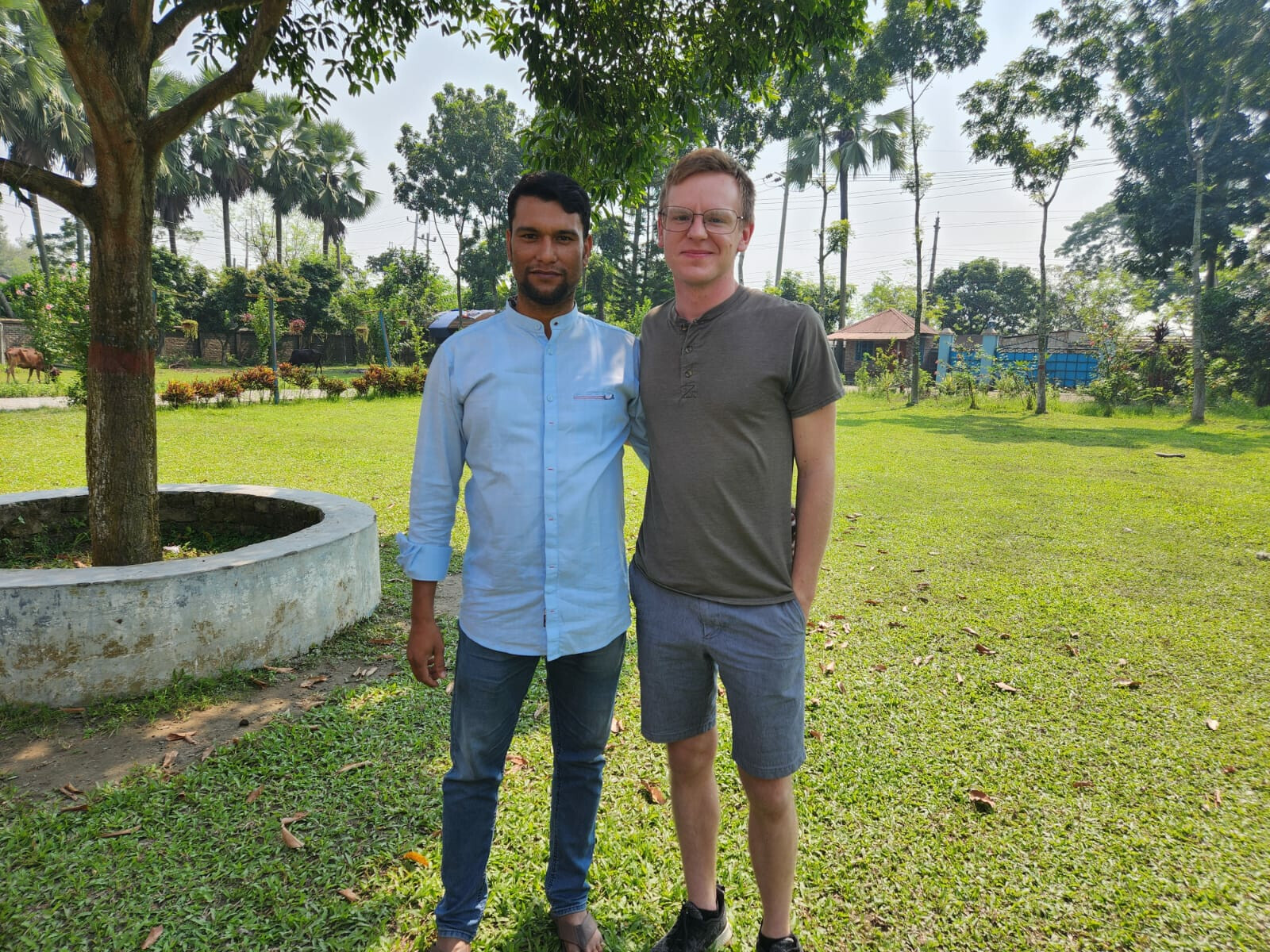
Nur Allom was also a Muslim, which isn’t shocking considering 95% of the Bengali population is, but it is still noteworthy. Even though our mission is explicitly Christian, Nur Allom was a key partner in helping our mission flourish, and it’s one of the most beautiful parts of the work our mission does in Bangladesh. The Bogura Mission Hospital and the Khanjanpur Mission Eye Hospital employ Muslims, Hindus, Catholics, and Protestants. And while there are always difficulties in working in a diverse culture, our mission has gone from strength to strength, maintaining genuine love and respect for each other along the way.
Bangladesh just recently had local elections which can be intense. When I was there, nearly every physical public object was plastered in campaign ads for prospective local officials, whether it be a telephone pole, building façade, trash can, and even trees. There is always potential for violence and civil disruption because of the very different belief systems at play. But that’s just not the case at our mission. We are so fortunate to have people like Nur Allom and many, many others, from a variety of faith traditions who recognize the value of our mission, and are willing to partner with us. Through hard work and decades of perseverance, our Bangladesh mission has won over the confidence and trust of their communities. Our mission uplifts the poor, heals the sick, and educates children, teens, and young adults. They do it hand in hand with Muslims and Hindus, and we thank God that they do.
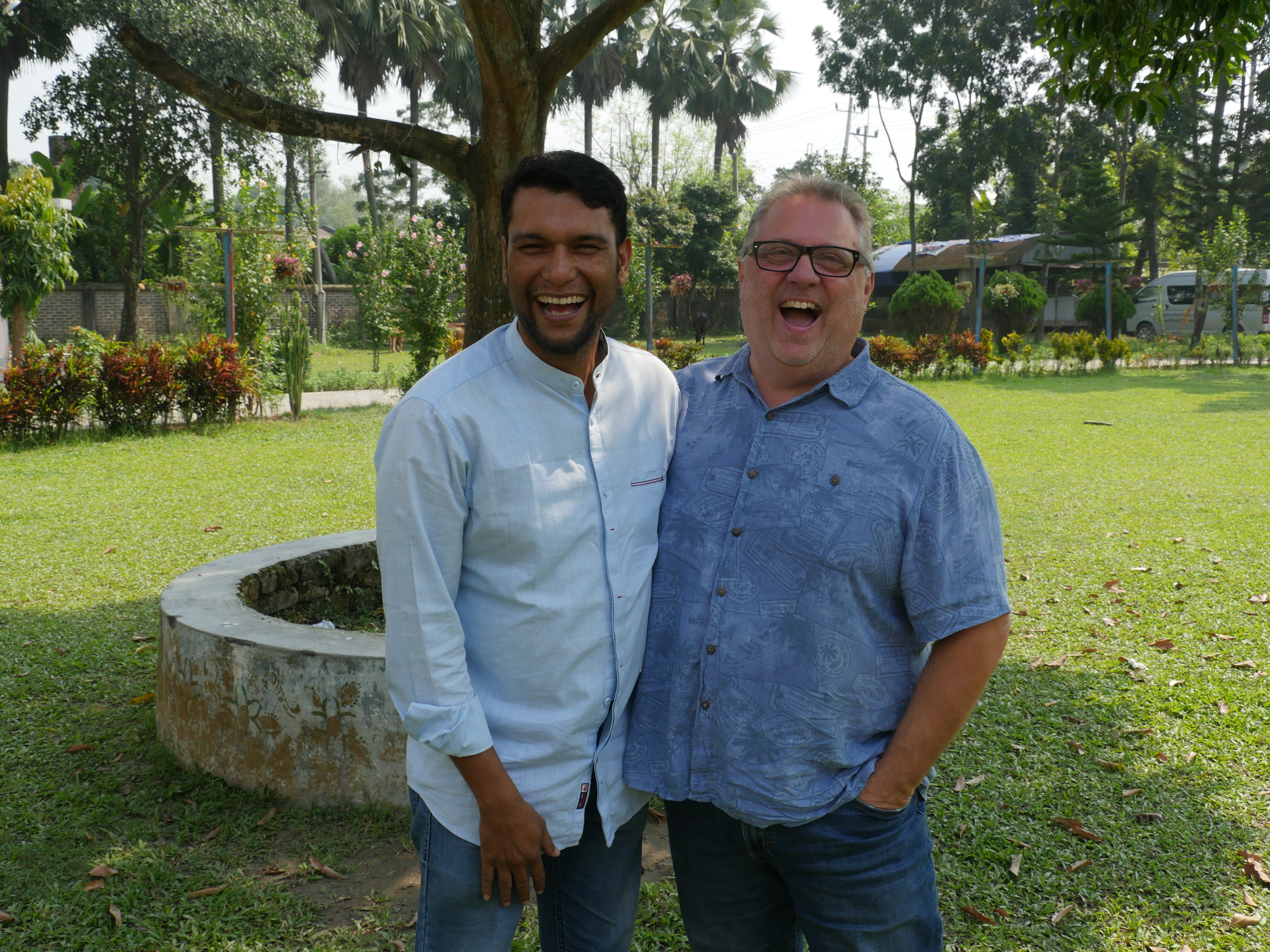
We say ধন্যবাদ (thank you) to God for Nur Allom, for his life, for what he stood for, and for this contribution to our mission. Will you join us this week in praying for his wife and daughter, and for his friends and colleagues at our mission?
CGGC eNews—Vol. 18, No. 15


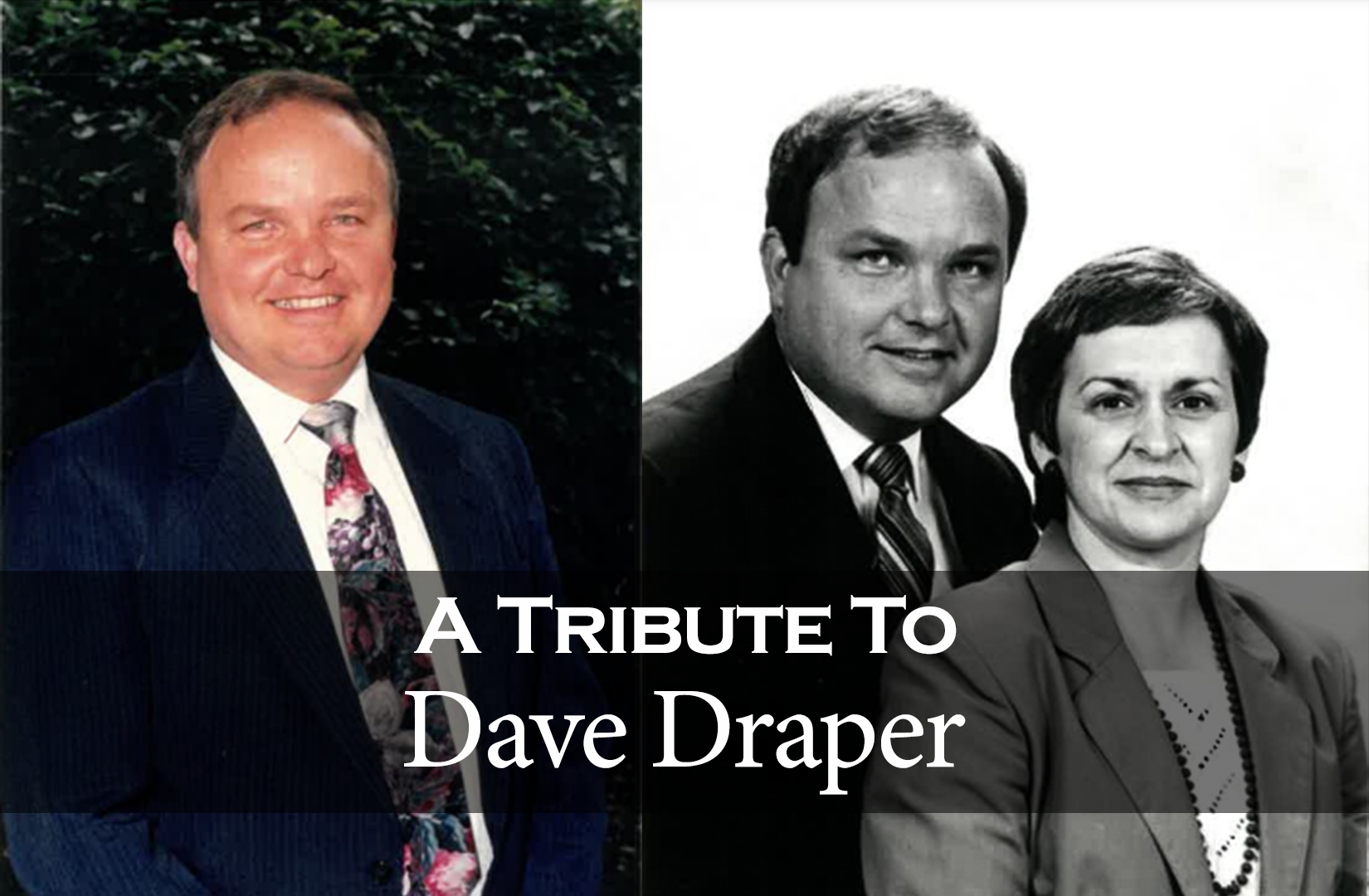
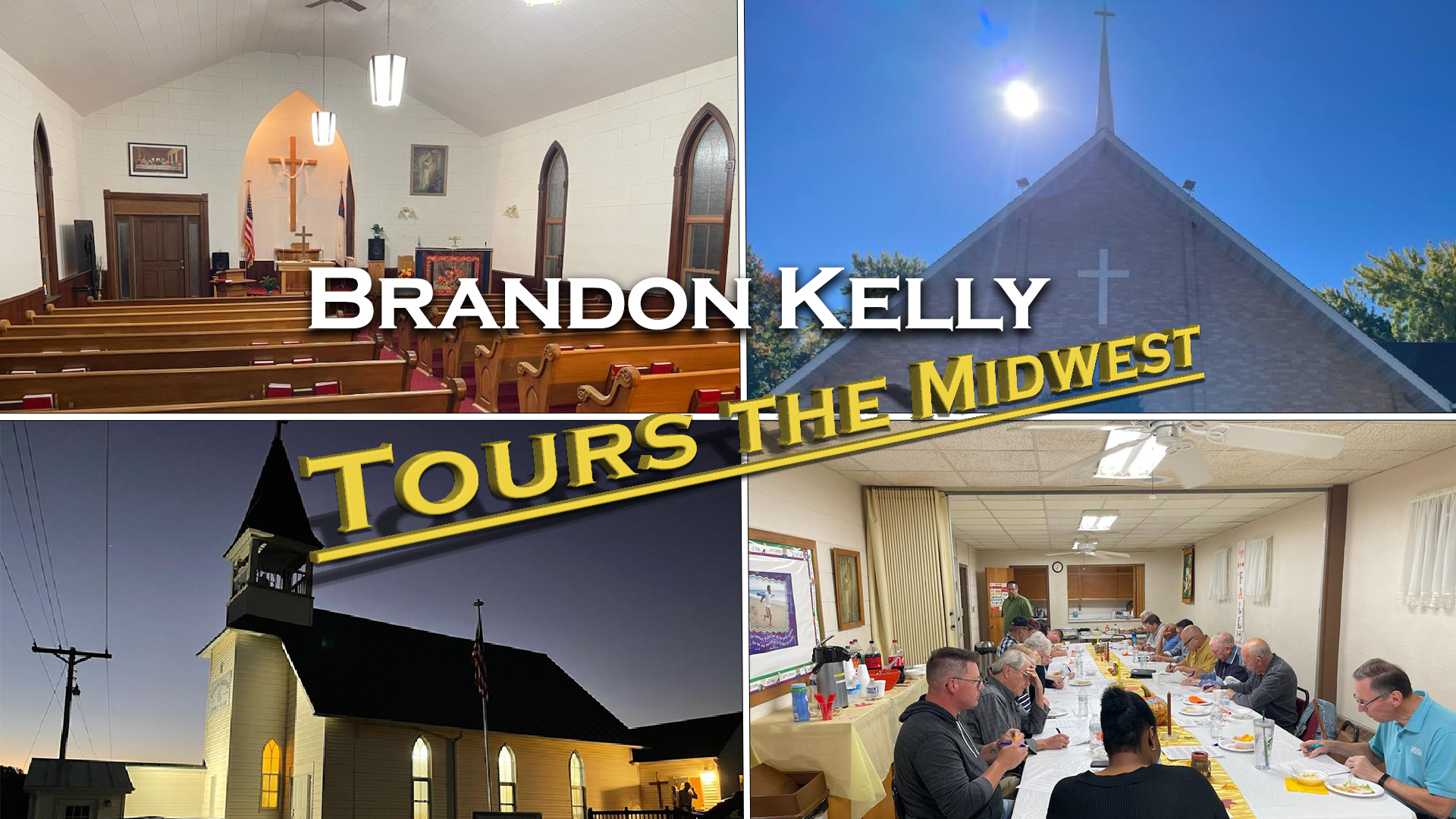
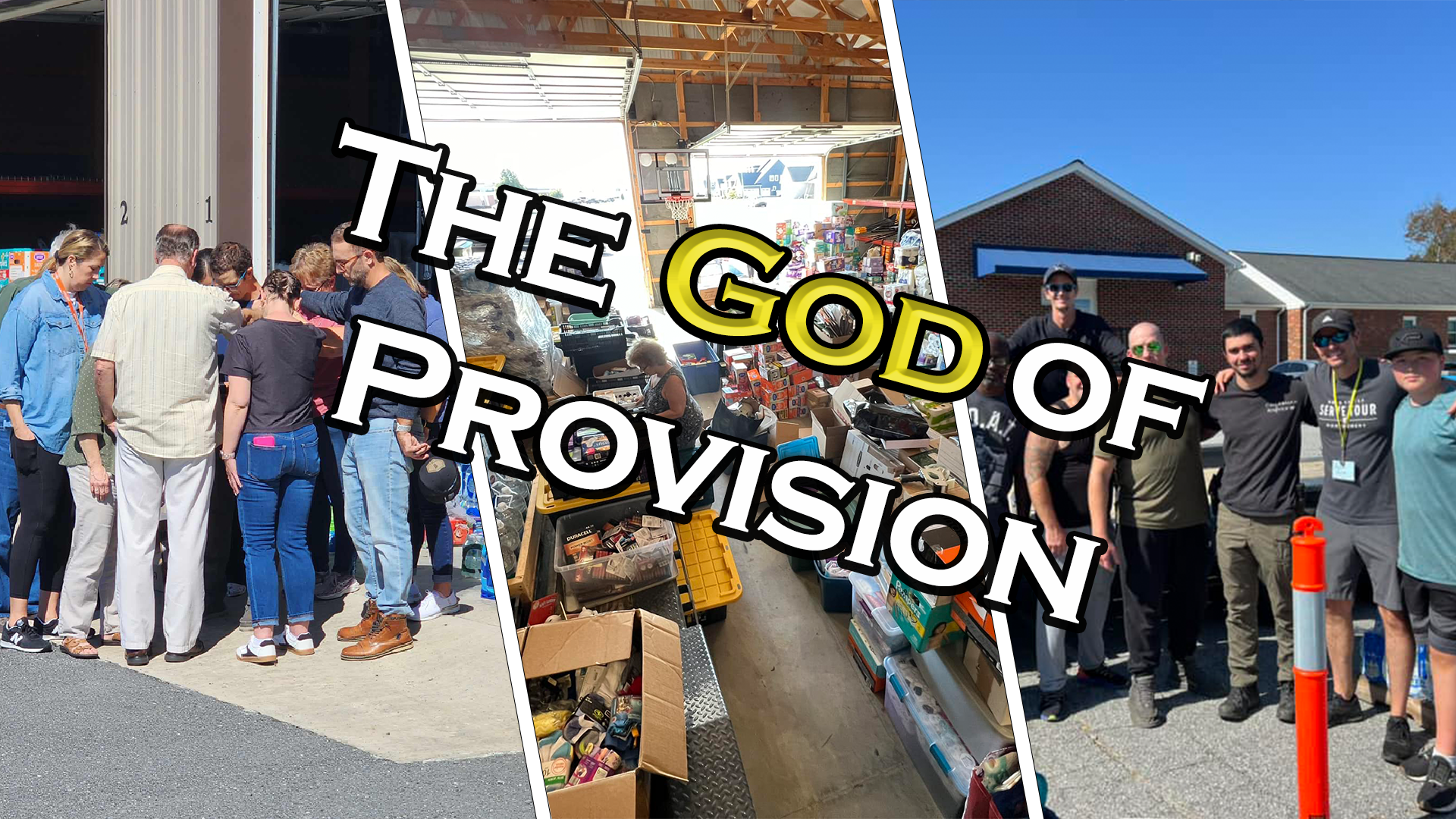
Login To Leave Comment